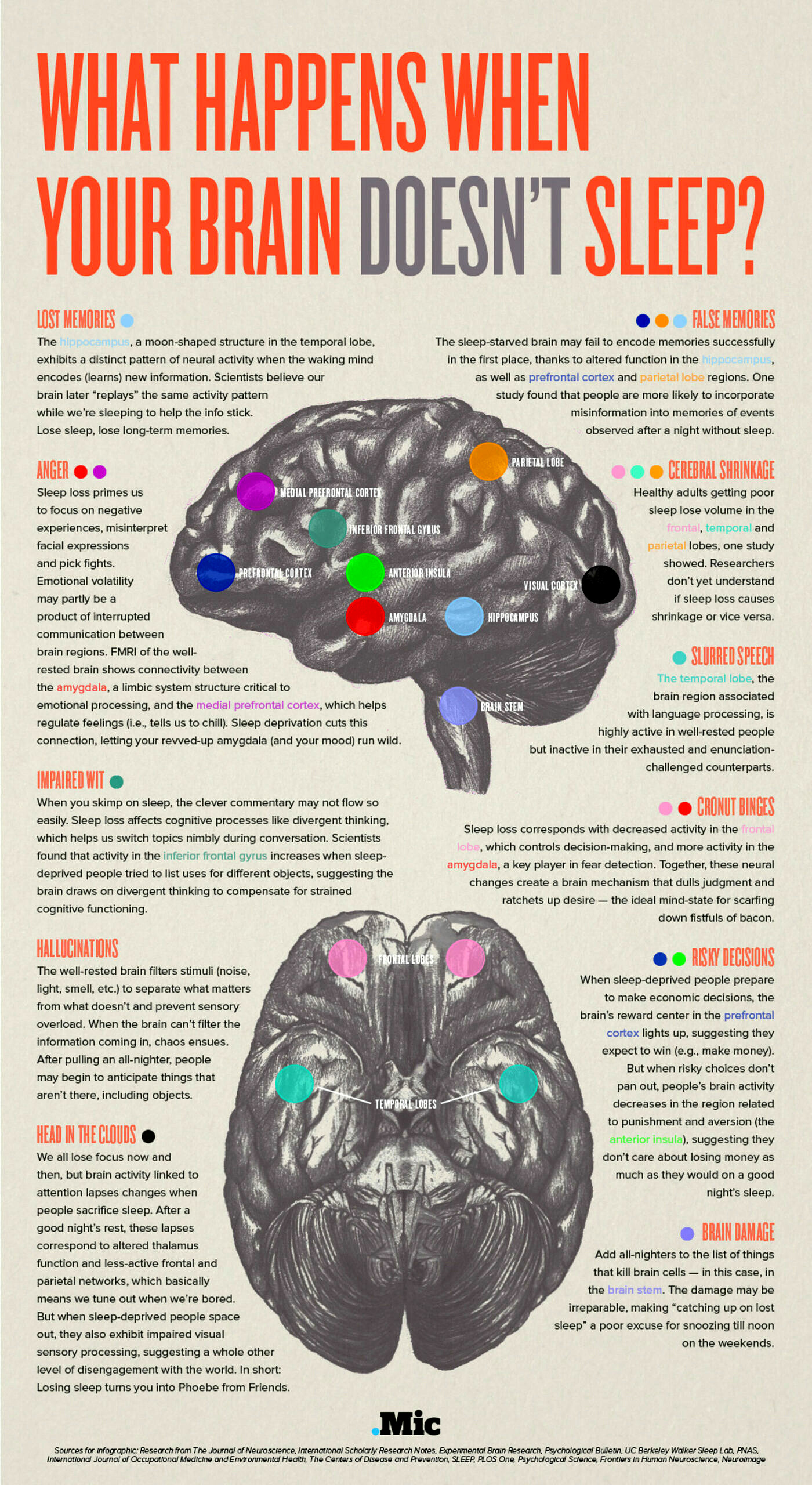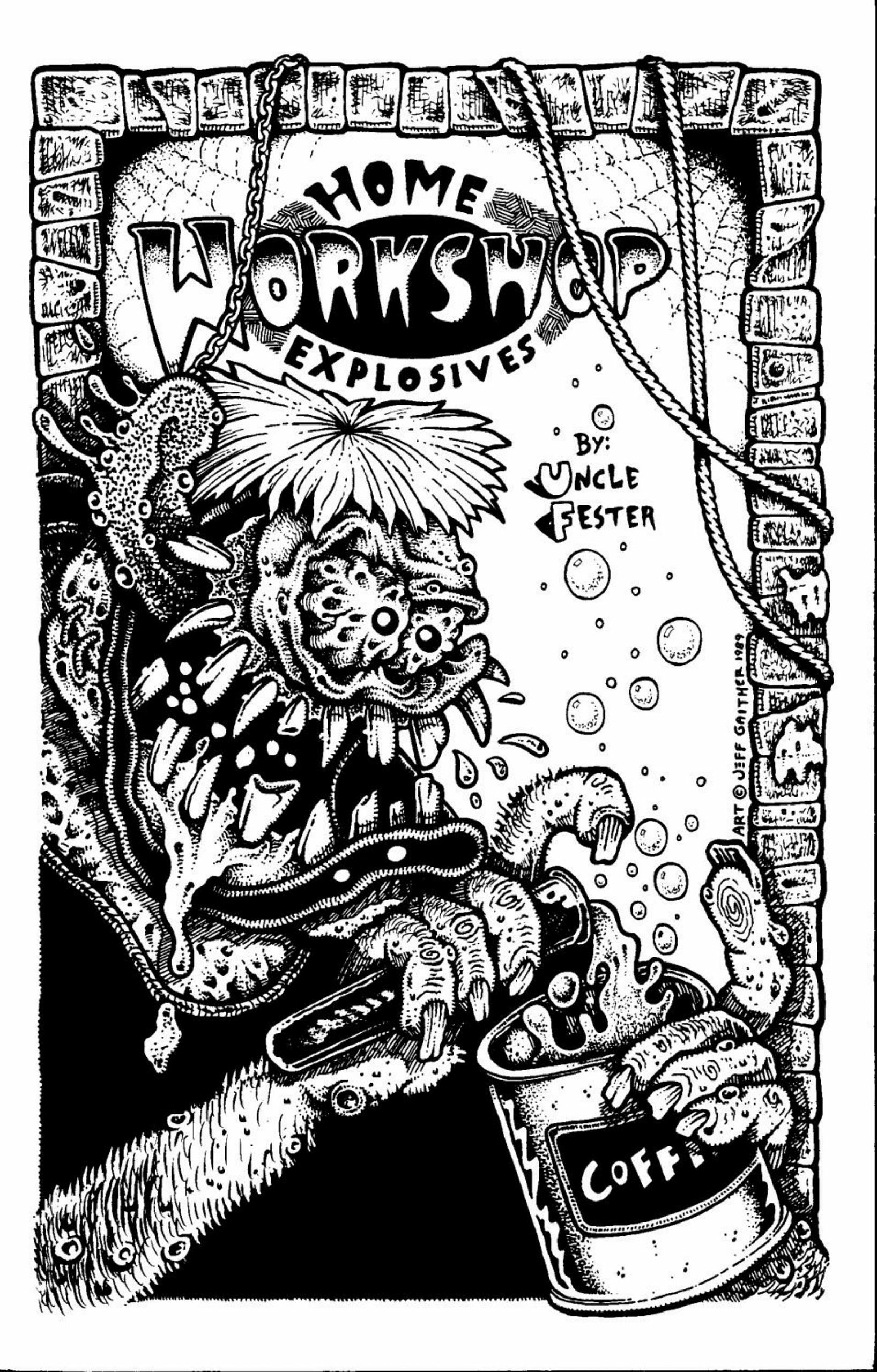A new study found that we can predict whether our cognition is susceptible to the negative effects of sleep loss.
Researchers at the University of Pennsylvania School of Medicine found that miRNAs, which are found in blood, can predict cognitive performance when we’re sleep-deprived.Another way to put it, our blood may now allow us to determine if we are at risk of specific sleep deprivation-related health problems.
The study involved 32 healthy adults who participated in a five day experiment. They slept for eight hours the first night, then they experienced 39 hours of sleep deprivation (no sleep at ALL) and then two nights of 8-10 hour recovery sleep. Participants were tested on cognitive function, memory, attention and memory throughout the five-day period. To analyze the miRNAs of participants, blood samples were taken at various points throughout the course.
Comparatively to the baseline, 10 miRNAs had expression levels that changed in participants who suffered from sleep deprivation. 18 miRNAs also showed expression changes in subjects who were subjected to psychological stress and sleep deprivation.
The study also showed that miRNAs are a reliable predictor of sleep loss vulnerability. The study found that 14 miRNAs were able to predict behavioral attention during sleep deprivation and seven predicted cognitive throughput performance. Ten miRNAs could reliably predict memory performance.
Let’s start by looking at RNAs to understand what miRNAs actually are. RNAs are molecules which play an important role in many biological functions, such as gene expression. The RNAs are molecules that play an essential role in various biological functions, such as gene expression.
These New Findings Will Have A Profound Impact On The Future Of Sleep Science.
This is not as easy as ordering new bloodwork at the doctor’s office to help you better understand how your sleep loss may affect you. At least not yet.
Goel says that the next step will be to replicate the study to determine if similar results are achieved. The studies will not stop with miRNAs. Researchers will instead look for biomarkers that can predict sleep loss and connect cognitive function. The more biomarkers you have, the better you can collectively determine how vulnerable you will be if you lose your solid sleep.
Goel is a sleep researcher with a strong interest in the effects of sleep deprivation on individuals. She says:
These variations are predictable and repeatable. You can bring them back years later and they will respond the same way to sleep loss. This indicates that sleep loss can be inherited and has biological underpinnings.
If replication is successful, then you can use a blood test to determine if you are susceptible or resistant to sleep-related problems by looking at your levels.
This is Goel’s ultimate goal. This allows you to use biomarkers in the future to predict your future state. You can mitigate sleep loss by taking steps to reduce it, regardless of whether you are taking a nap or drinking caffeine.
It is not yet clear when this will happen, but we are on the lookout now for additional research that may support – or even contest – this scientific discovery.






